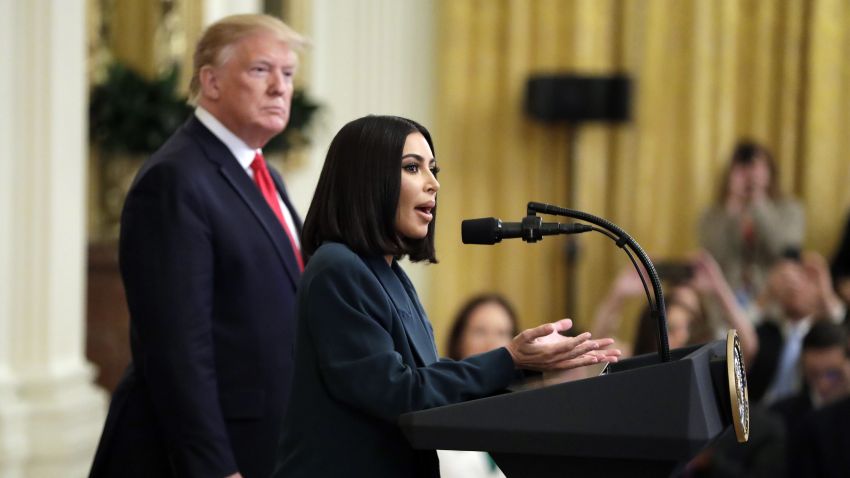In 2020, in the aftermath of the police killing of George Floyd in Minnesota, the Korean pop group BTS took a stand against racism and discrimination by donating $1 million to the Black Lives Matter movement. Their fans quickly rallied their own fundraising campaign, matching the band’s donation in a span of 24 hours. Fans of K-pop, as the style is known, were further inspired to action, taking over white supremacist hashtags on Twitter and flooding them with anti-racist memes. They also ruined a campaign rally for then-President Donald Trump in Oklahoma by registering for thousands of tickets to the 19,000-seat venue and then staying home, leaving Trump to appear before an almost-empty arena.
Some observers have suggested that this and other examples of celebrities using their status to catalyze political involvement by their fans represent a new kind of celebrity activism, with more of an emphasis on inspiring action than taking action. But is that the case? And can celebrity activists, in inspiring such action, actually make a difference?
The Limits of Celebrity Activism
One thing is certain: Celebrity activism is not without its critics. For cynics, celebrity causes are comparable to corporate social responsibility, a way to use public concern over an issue to varnish their image. For celebrities, supporting a cause is often about image-management and creating their own personal brand. But many see activism as a win-win situation, where they are able to give their attention to a worthy cause while also providing themselves with the type of positive publicity that keeps them in the public eye. Maintaining their fame requires generating continuous publicity, and attaching themselves to a political and international issue can provide celebrities with much more clout and credibility, helping them to expand their personal networks.

